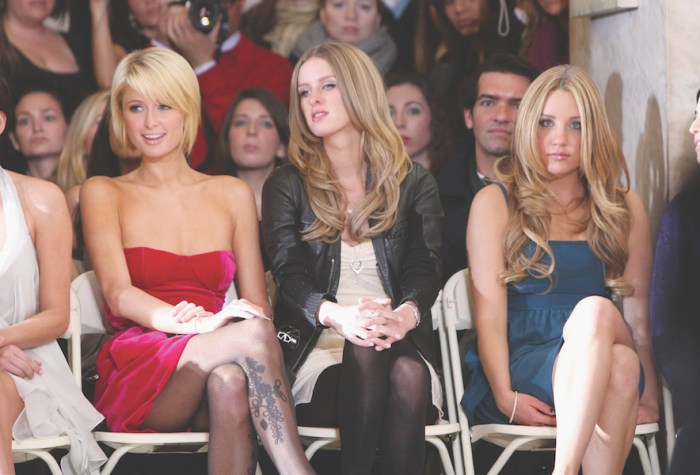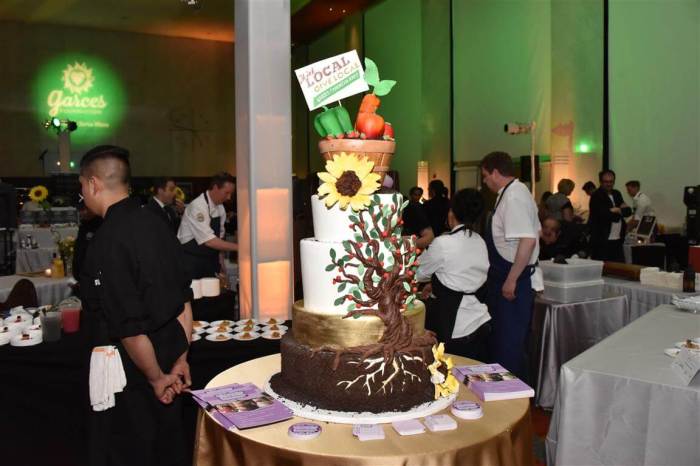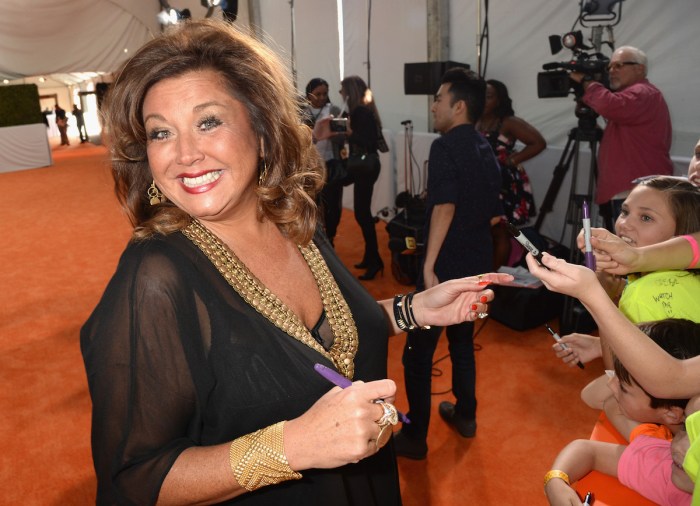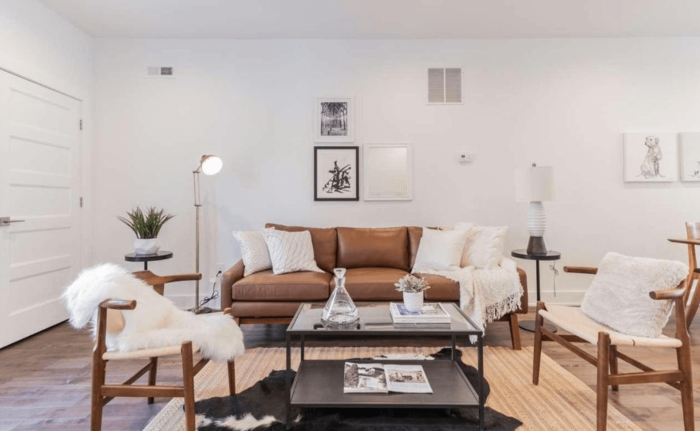Piles of neatly stacked fruits and vegetables on rustic wooden stands were scattered under the Metro North tracks at Park Avenue and 116th Street one Thursday afternoon in early August.
After years of struggle, La Marqueta was abuzz with an energy scarcely seen at the East Harlem marketplace that older residents still remember as a hub of local commerce and community.
At a podium adorned with bushels of bright radishes, City Council Speaker Melissa Mark-Viverito said committed to make La Marqueta great again with support from the state and a $3 million commitment from the council for infrastructure work.
“Over the years, many have questioned whether La Marqueta had enough oomph to rise to its glory of yesteryear,” she told reporters at the time. “We’re here today to … deliver a resounding yes.”
One week after the announcement’s fanfare and spotlight, the few local vendors who remain at La Marqueta wondered why the latest promises to a community in flux are any different than previous ones in 2011, 2009 and countless times before.
“It was false advertising,” vendor Aurelia Velez, 73, said of the August 7 event. Velez and her husband set up shop at La Marqueta in 1971, she said, when the marketplace spanned between 111th and 116th street inside five buildings under the tracks.
When Velez Groceries opened, La Marqueta had already turned into a prominent center of the growing Puerto Rican culture of El Barrio in the 1950s. And even as the demographics and local economy has changed since its heyday, La Marqueta persisted.
Most recently, the space became a critical nerve center for first responders and survivors after two apartment buildings exploded and collapsed only one block away from La Marqueta in March. The city made La Marqueta a resident service center for affected and displaced families.
Velez, who these days mostly sells bacalao — dried, salted cod popular in Caribbean cuisine — remembered people flocking to the building trying to get away from the white smoke before everyone was evacuated from the area. The neighborhood has suffered and survived many things, she said, but La Marqueta of old is gone.
Across the street, however, people gathered at La Placita — or little plaza — for the East Harlem Multi-Cultural Festival’s weekly “Salsa Saturdays” party where residents camped out around an impromptu concrete dance floor.
“We can’t get La Marqueta to what it was,” Mark-Viverito said to Metro. “We’re just looking for it to be a central space for the community where people can come together, engage and socialize.”
 Aurelia Velez runs a small bodega in the market section has had a shop in the La Marqueta since 1971.
Aurelia Velez runs a small bodega in the market section has had a shop in the La Marqueta since 1971.
Credit: Aaron Adler/Metro
Mark-Viverito, who has represented East Harlem in the Council since 2006, said previous attempts at revitalizing the market failed because of rigidity and a top-down approach that didn’t look to the community.
With money allocated by the Council, the New York City Economic Development Corporation — which operates La Marqueta — plans to invest in repairs and construction that will draw new vendors to enclosed shopping area.
The EDC also helped reopen newly furnished La Placita for public access, soon with free WiFi, with regular events programing curated by a local nonprofit. Individually, the updates might not be prominent or even public but the EDC’s Kate Blumm said in a statement it will all add up.
“Some of this work will be visible to passerby and some won’t—but all of it will help maximize La Marqueta’s great potential to be a community cornerstone and commercial hub once again,” she wrote.
Along with local efforts, the state promised to support the El Barrio Youth Marqueta greenmarket, operated by young New Yorkers and supplied by a number of upstate farms. However, those stands are currently only open seasonally on Thursdays, Fridays and Saturdays.
Both Mark-Viverito and an EDC spokesperson said La Marqueta is looking to experiment and find new vendors of any kind that might succeed in the retail space.
Jose Rodriguez, 61, opened up his produce stand at the marketplace two years ago, but he recalled shopping at the old La Marqueta used to be a frenzy specifically because people could get their produce, shirts and home goods in one place.
“Back then, we didn’t have the CostCo a few blocks away,” he said in Spanish.
Rodriguez said that despite the countless meetings and promises over the years, he still hopes La Marqueta can thrive in some shape or form that matters to the community.
“People want the old La Marqueta experience,” he added. “We’ll see what happens this time.”
Follow Chester Jesus Soria on Twitter@chestersoria


















